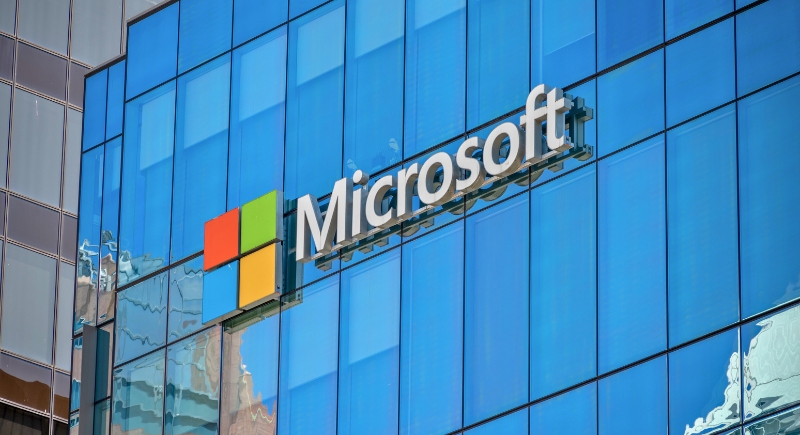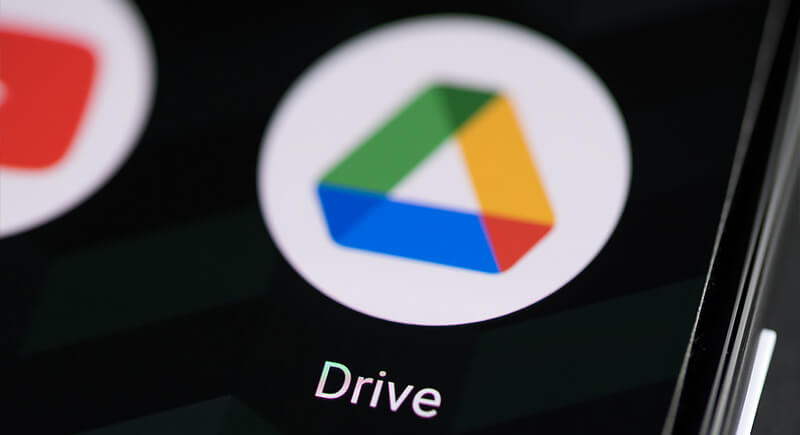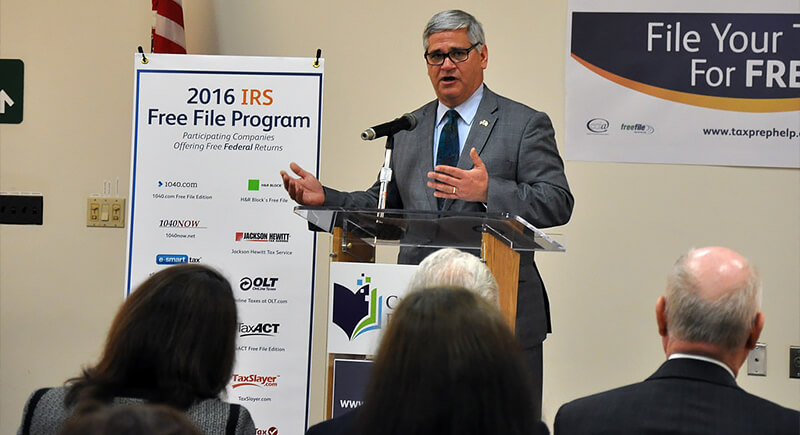Before clicking "Buy Now" or swiping your card, it’s worth asking: do you really need to pay for that? There are plenty of things we regularly purchase out of habit, when we could be getting them for free. Swapping out even a few of these can lead to some pretty surprising savings. Here are 15 things you're probably still buying that you really don’t have to.
Books

Credit: Wikimedia Commons
Public libraries offer free access to everything from bestsellers to obscure biographies, with many expanding into audiobooks and e-readers through apps like Libby or Hoopla. In 2022, U.S. libraries saw over 2 billion visits. Meanwhile, buying one hardcover can cost $25 or more. Skip the checkout line at the bookstore and check out a card instead. It’s quiet, free, and better than your Amazon history.
Word Processing Software

Credit: iStockphoto
Microsoft Word subscriptions start at $6.99 a month, but Google Docs does nearly the same job, with no download required. Free cloud-based tools like Google Sheets, Slides, and Docs let you collaborate in real-time, store work online, and ditch the license fees. If you prefer offline use, OpenOffice and LibreOffice offer full software suites without the cost.
Music Streaming

Credit: pexels
Spotify, Pandora, and YouTube Music all offer free listening with ads, yet millions still pay $10–15 monthly for premium access. Unless curated playlists and no ads are non-negotiable, free versions cover most needs. Radio is also free, and don’t forget public libraries often loan out CDs.
Legal Forms

Credit: pexels
Basic legal documents like rental agreements, power of attorney forms, simple wills, are available at no cost through public libraries or nonprofit websites like LawHelp.org. Despite this, people spend anywhere from $50 to $200 per form. Unless it’s a complicated legal issue, these free templates work for most standard needs.
Educational Courses

Credit: pexels
Websites like Coursera, edX, and Khan Academy offer free access to top-tier lectures from universities like Yale and MIT. While certification costs extra, the learning is free. YouTube’s Crash Course has over 14 million subscribers for a reason—it teaches history, science, and more in digestible, entertaining bites.
Video Games

Credit: pexels
Many libraries loan out physical game discs for Xbox, PlayStation, and Switch. Online, games like Fortnite, Apex Legends, and Genshin Impact offer robust experiences without charging a dime. Even major gaming platforms host seasonal giveaways. If you're paying out of boredom, free options might surprise you.
File Storage

Credit: flickr
Before buying another USB drive or upgrading to a premium cloud plan, check your free storage. Google Drive gives 15GB per account, and Dropbox starts users with 2GB, which is enough for plenty of documents and photos. Need more? Create a second account or explore alternatives like OneDrive or iCloud. Paying for basic cloud space often starts at $1.99/month but quickly adds up over time.
Kid’s Meals at Restaurants

Credit: Facebook
Several family-friendly chains offer free meals for kids on certain days. For example, Denny’s and IHOP frequently have “Kids Eat Free” nights. Applebee’s, Pizza Hut, and Uno’s also participate at select locations. These deals often require the purchase of an adult entrée, but still shave dollars off the total bill.
Movies

Credit: pexels
Streaming services charge anywhere from $5 to $20 per month, but movies are available for free through platforms like Tubi, Crackle, and Pluto TV. Public libraries also offer DVDs and digital rentals via apps like Kanopy, which has licensing agreements with studios and educational distributors.
Mulch

Credit: pexels
Instead of spending $3 to $5 per bag at the garden center, you can often get mulch for free through your local municipality. Many cities recycle yard waste into wood chips and offer them to residents for landscaping. Fallen leaves, grass clippings, and compost from your own yard can do the same job.
International Phone Calls

Credit: pexels
Calling abroad doesn’t have to mean long-distance charges. WhatsApp, Skype, and FaceTime allow voice and video calls across borders for free, using Wi-Fi. The catch? Both users need the app. Still, these services handle millions of international calls daily.
Running or Walking

Credit: Wikimedia Commons
A gym membership averages $58 per month, but walking, jogging, or running outdoors remains free. Parks, sidewalks, trails, and school tracks are open to the public and offer scenery that treadmills can’t. Even fitness apps like Nike Run Club and Strava provide training programs and community challenges at no cost. All you need is a pair of sneakers and a little motivation.
Tax Filing Tools

Credit: flickr
The IRS Free File program offers guided filing options through trusted partners if you meet income requirements. For others, fillable forms and detailed instructions are available on the IRS website. With basic returns, it’s entirely doable. Paying $100+ for a standard 1040? That’s optional.
Recipes

Credit: iStockphoto
Unless you’re after a signature chef’s cookbook or collectible edition, dinner inspiration doesn’t need to cost a thing. Cookbooks and subscriptions like New York Times Cooking may be trendy, but thousands of recipes live online for free. Websites like AllRecipes, Budget Bytes, and Serious Eats share step-by-step instructions with reviews, tips, and photos. TikTok and Instagram are gold mines for quick meal ideas.
Advice

Credit: iStockphoto
Therapists and life coaches charge anywhere from $50 to over $200 per hour, and not everyone can pay for it. But when it comes to advice on relationships, careers, or tough decisions, friends, family, and online forums can offer thoughtful guidance for free. Of course, professional help has its place, especially for mental health, but informal advice is still valuable.
